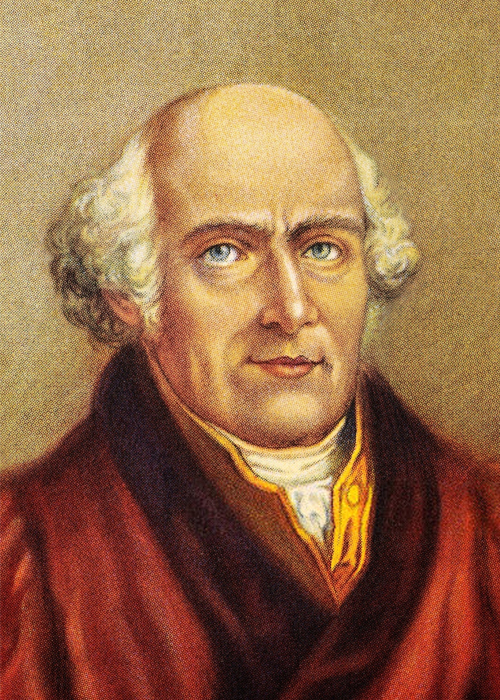About Homeopathy
Homeopathy is a system of complementary health support that looks at you as a whole person. It considers physical symptoms along with emotions, lifestyle, and long term patterns. At SSR Homeopathy, remedies are used as a gentle, individualized way to support your overall wellbeing alongside any medical care you may already be receiving.
Many people choose homeopathic support because they appreciate a calm space to talk through what they are experiencing, with time given to their story rather than only their diagnosis.
Core Ideas in Homeopathy
- Individualization two people with the same diagnosis may receive different remedies based on their unique symptom picture.
- Like may influence like remedies are chosen when their known effects in healthy volunteers resemble the pattern of the person seeking support.
- Minimum dose remedies are prepared in high dilutions and given in small amounts.
- Whole person focus attention is given to physical, emotional, and lifestyle factors together.
How Are Homeopathic Remedies Prepared?
Homeopathic remedies are prepared from many sources such as plants, minerals, or other substances. They are made through stepwise dilution and shaking, a process called potentization. The final remedies are usually taken as small pills, drops, or tablets.
These preparations are very different from herbal medicines or nutritional supplements. They are chosen based on the overall picture of the person, not just one symptom.
What To Expect In A Consultation
A first homeopathic consultation at SSR Homeopathy is a detailed conversation. You are invited to share your main concerns, when they started, what makes them better or worse, and how they affect your daily life.
We may also explore your sleep, energy, digestion, stress, emotional patterns, and long term health history. This helps build a fuller picture before suggesting any homeopathic support.

A Short History Of Homeopathy
Homeopathy is most closely linked with Samuel Hahnemann, a German physician who began exploring new ideas in the late 18th century. Dissatisfied with some of the harsh medical practices of his time, he started to experiment with the idea that a substance which may cause certain symptoms in a healthy person could, when highly diluted, be used to support similar symptoms in someone who is unwell.
He developed the method of potentization repeated dilution and shaking of substances and described how these remedies should be used in practice. Over the 19th and early 20th century, homeopathy spread to Europe, the United States, and other regions, and remains in regular use in countries such as India and parts of Europe today as a complementary approach.
Research And Ongoing Debate
Research on homeopathy has produced mixed and often debated results. Some smaller studies have suggested possible benefits in specific situations, while many reviews and larger analyses have found that the overall evidence is not strong or consistent enough to confirm clear effects beyond placebo.
Because of this, many medical organizations consider homeopathy to be a complementary approach with uncertain effectiveness. People who choose homeopathic support are encouraged to stay in touch with their health care providers and to not delay or avoid appropriate medical care, especially for serious or urgent concerns.
At the same time, the real world experiences many families report are sometimes more complex than what is shown in formal studies. A commonly raised point is that improvements are often observed in individuals who cannot form placebo expectations. This includes infants as young as one year old, who may show relief or changes even though they do not have the cognitive ability to understand or anticipate treatment. These observations do not prove a specific mechanism, but they do highlight why conversations around homeopathy continue and why many people feel that it offers gentle support for their overall wellness.
How SSR Homeopathy Uses Homeopathy
At SSR Homeopathy, remedies are used as one part of a wider health conversation. Our role is to listen carefully, understand what you are going through, and offer gentle, practical support that aligns with your individual needs and goals.
Homeopathic support is not offered as a replacement for emergency care or essential treatments. You are always encouraged to discuss all therapies with your health care providers and to seek immediate help if something feels urgent or serious.